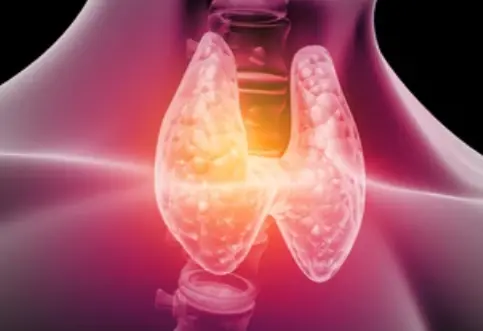 Welcome
Welcome
“May all be happy, may all be healed, may all be at peace and may no one ever suffer."
Prevent nitrogen loss - Generics
In the human body, nitrogen loss can occur through various means, such as through urine, feces, sweat, and breathing. To prevent excessive nitrogen loss, it is important to ensure that the body is getting an adequate supply of dietary protein, which is essential for nitrogen balance.
Protein is made up of amino acids, which contain nitrogen. When the body breaks down protein, the nitrogen is excreted in the form of urea through urine. Therefore, to prevent excessive nitrogen loss, it is important to consume enough protein to meet the body's needs. The recommended dietary allowance (RDA) for protein is 0.8 grams per kilogram of body weight per day for adults.
In addition to consuming enough protein, it is important to maintain a healthy balance of electrolytes in the body. Electrolytes, such as sodium, potassium, and chloride, help regulate fluid balance and muscle function. When electrolyte levels are imbalanced, it can lead to excessive fluid loss, which can in turn result in nitrogen loss through urine and sweat.
To maintain a healthy electrolyte balance, it is important to consume a balanced diet that includes plenty of fruits and vegetables, which are rich in potassium and other essential electrolytes. Drinking enough water and avoiding excessive consumption of diuretics, such as caffeine and alcohol, can also help prevent excessive fluid loss.
Overall, preventing nitrogen loss in the body requires a combination of strategies that focus on maintaining a healthy balance of dietary protein and electrolytes, while avoiding excessive fluid loss.

Chancroid

Benzodiazepine-induced se...

Poison sumac

Homozygous familial sitos...

Metastatic Testicular Tum...

Induction and augmentatio...

Uveal tract inflammation

Thyroid storm
Prevent nitrogen loss, নাইট্রোজেন ক্ষতি রোধ করুন
To be happy, beautiful, healthy, wealthy, hale and long-lived stay with DM3S.